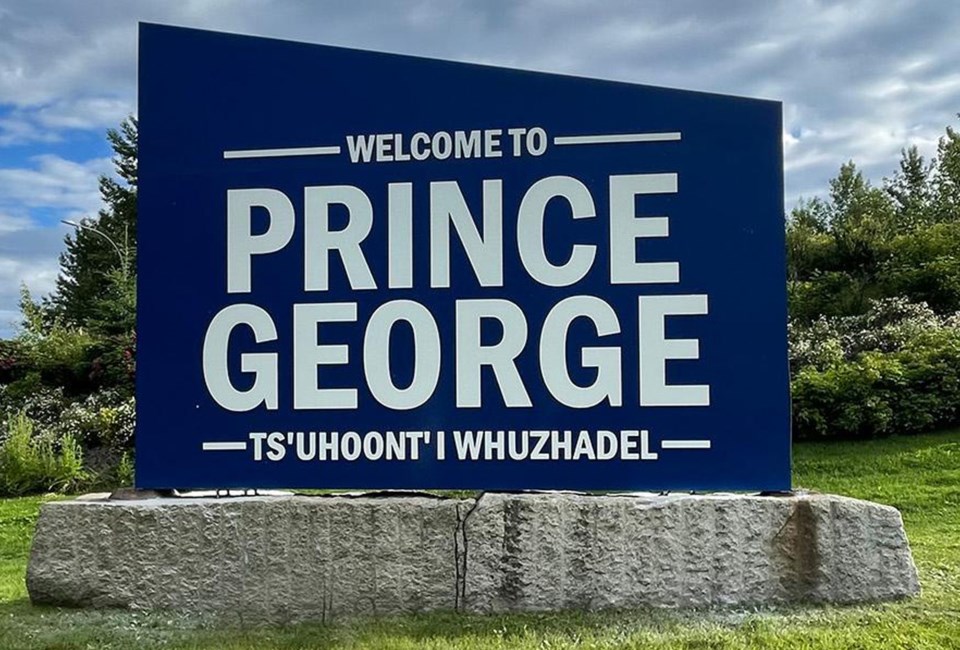As a recent letter to the editor indicates, people will continue to ring alarm bells to try and draw us away from the future our community deserves. They will wring hands about resources, industries, and sites that used to be, and reinforce the false choice of “jobs or environment.” They will make it seem like Prince George has no choice over so much.
It is true that we cannot control corporate closures or changes in resource availability. And real jobs and livelihoods are being jeopardized and lost in our community and beyond. Coupled with impacts of the climate crisis, there are brutal consequences all around us, time and again.
But even in an atmosphere of losses, closures, and hard impacts, we must ask ourselves what we want to bring into the future, and what we’d like to leave behind. Being too reliant on a few sectors and a handful of companies is something we should leave behind, along with the notion that we must sacrifice our air, water, and health for local jobs.
We should instead follow the lead of key reminders from this Monday’s city council meeting. We were told that the new Strategic Plan (‘23-26) emphasizes diversity and sustainability, aiming to serve Prince George as a "vibrant provincial centre” with an “enviable quality of life.” Coun. Garth Frizzell added that such guiding documents are about “where we want to go.” Where we want to go is likely quite different from an over reliance on resource extraction and heavy industry.
We should invite developments and jobs that fit with our goals. We should stop prematurely boosting anyone proposing something for our fine city. We should consider potential costs and benefits across all sectors—social, economic, environmental, health, and cultural. Forestry and heavy petro-industry are not interchangeable sectors and we should not pretend that they are (neither are western forestry and eastern fisheries, btw). They do both come with significant costs for the environment and human health, however. And a new investment in oil, gas, or virgin plastic production is the opposite of future-forward in 2023.
Furthermore, the highly dynamic and geographically mobile West Coast Olefins proposal that has resurfaced here and elsewhere over the last few years was not promising an order of jobs comparable with those recently lost by Canfor workers. There was also no guarantee that jobs would be local. It is true that we have over-extracted and otherwise lost many of our resources. It is also true that corporate decisions will likely continue to favour cost cutting, consolidation, outsourcing, and automation in lieu of well-paying jobs.
But Prince George today is a very different place from the Prince George of several decades ago. We have gained many strengths and much diversity. We have a different future in mind—one that would support and reinforce work done by the Lheidli T’enneh, the City of Prince George, People’s Action Committee for Health Air, Canfor, the Fraser Basin Council, PG AIR, Northern Health, CNC, UNBC, and many others to improve local air, water, and life. We now have several large service and education employers in addition to our industrial base.
Our council and others are also fighting to bring further opportunities our way, such as new veterinary education facilities. We are a hub, and one now strategically connected with a new federal initiative to support economic diversification in B.C. (the PacifiCan office). Prince George was also recently ranked the most affordable city in B.C.
The rise of remote work and the trend of people moving to smaller North American cities both stand to work in our favour. For example, the provincial public sector has recently adopted a new direction in remote work that enables employees to live further from their associated branches/offices.
There likely will be more shutdowns and we should remain “open for business”. But we should not feel overly pressured to accept any new (or reappearing) proposal. This beautiful place and community are priceless and a better future is worth investing in—as anyone lucky enough to live here knows.
The official provincial motto of BC is "Splendor Sine Occasu" (Splendour Without Diminishment). Now that sounds like “where we want to go.”Acknowledging the traditional and unceded territory of the Lheidli T’enneh.
Zoë Meletis
Annie Booth
Marie Hay
Susanne Weber
Administrators of Too Close 2 Home



